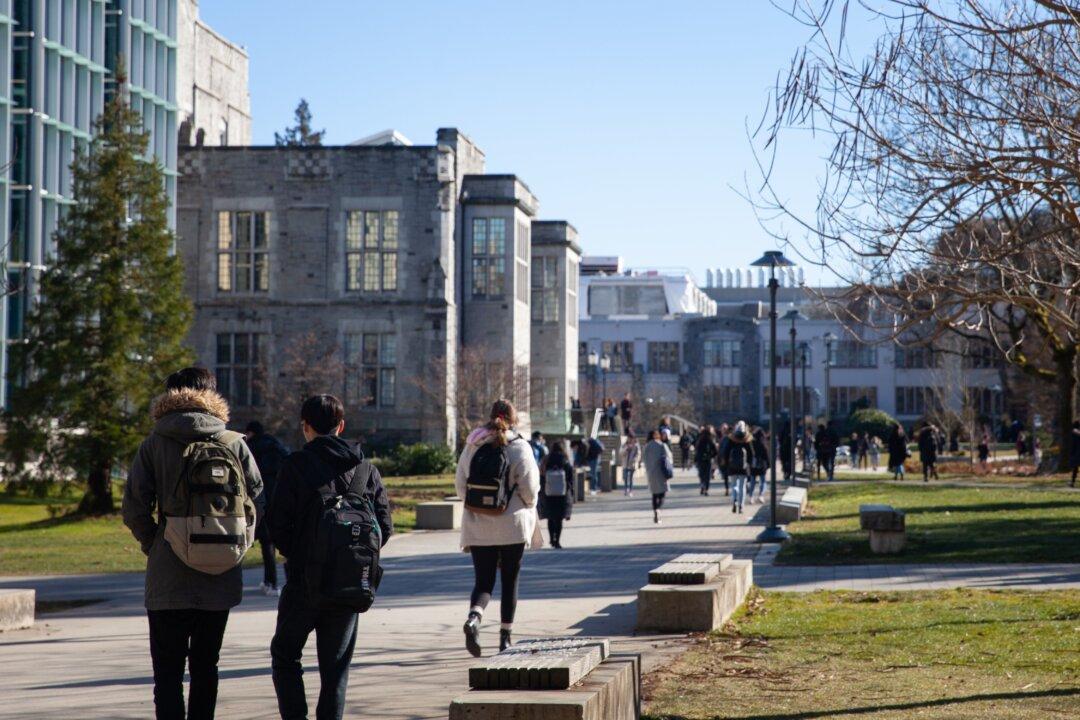Some three-quarters of Canadian academics describe themselves as being on the political left, leaving right-wing professors quiet about their contrary views.
The U.S.-based Centre for the Study of Partisanship and Ideology surveyed academics and PhD students at universities in Canada, the United States, and the UK. In a recent report, it found that 73 percent of Canadian social sciences and humanities (SSH) academics identify with the left, while only 4 percent identify with the right.





